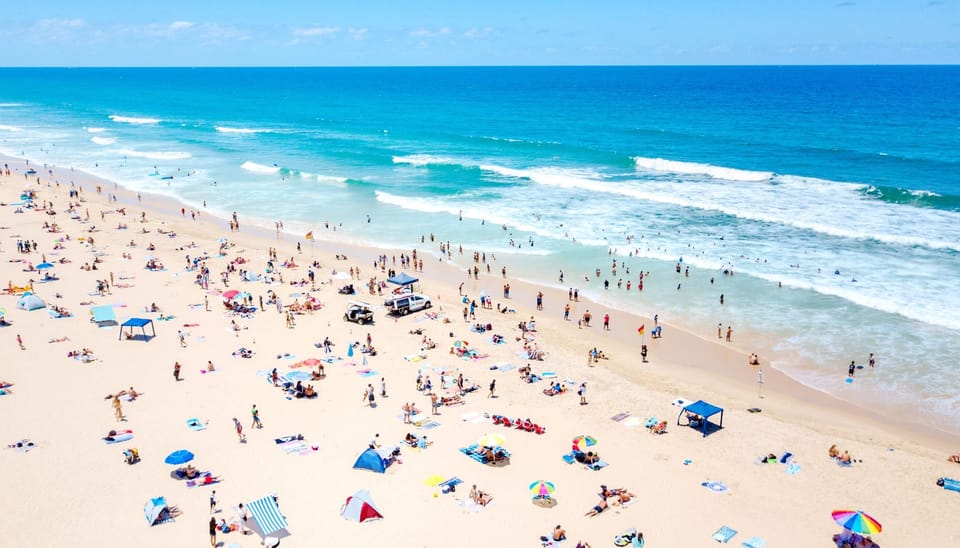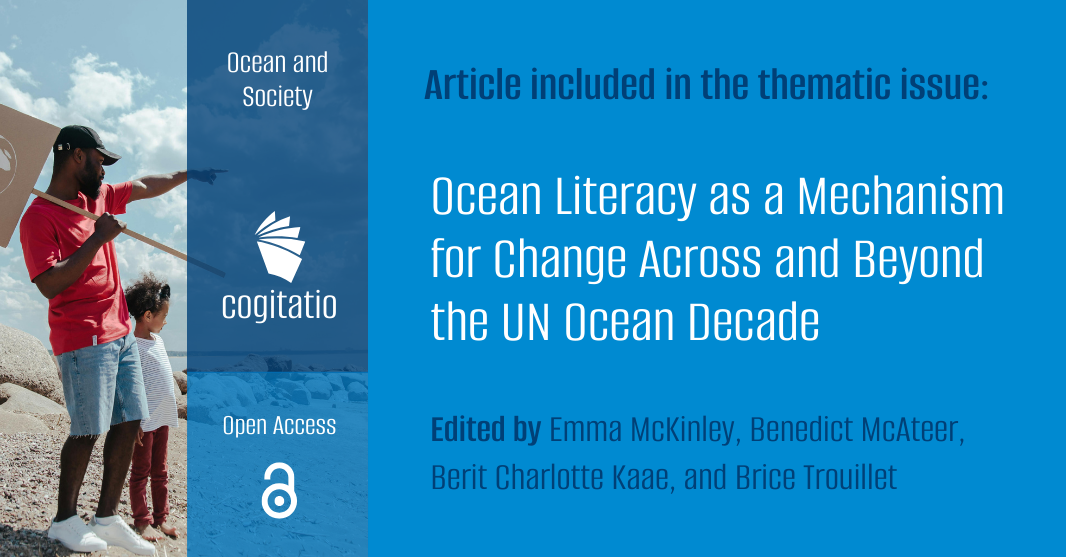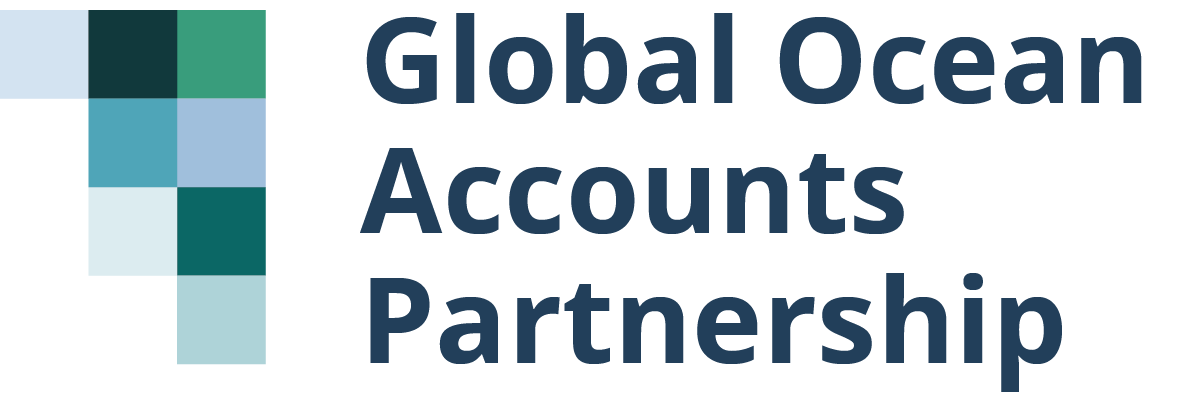Ocean Literacy for Ocean Sustainability: Reflections from Australia

Author: Dr Rebecca Shellock
Do Australians know how to talk about their love of the ocean?
Most Australians (87%) live within an hour's drive of the beach, yet we're surprisingly disconnected from the ocean that shapes our climate, economy, and way of life. As environmental pressures mount, it's time we got serious about ocean literacy. From classrooms to coastlines, discover why understanding, valuing, and protecting our marine environments could be Australia’s most powerful untapped sustainability tool.
At its most basic, Ocean Literacy is an understanding of the influence the ocean has on you and that you have on the ocean. Recently this definition has evolved to become the process where a society understands, values and cares for the ocean, and the related outcomes that come from that.
Connection is important
Australia's relationship with the ocean runs deep. First Nations people have long used storytelling as a powerful tool for sharing the importance of Sea Country and the practices needed to sustain it. Yet despite living on an island continent, many Australians have only a surface-level understanding of how these vast blue spaces actually impact their daily lives. Our marine environments don't just provide stunning backdrops for weekend getaways – they're working overtime to regulate our climate, support major industries like fishing and tourism, and house some of the world's most incredible biodiversity.
This disconnect matters more than you might think.
When people don't understand how the ocean works – from its role in weather a to how pollution travels through marine food chains – they're less likely to make informed decisions about environmental issues or support policies that protect marine ecosystems.
The problem we're facing
Here's the thing: Australia doesn't have a national approach to ocean literacy. Without baseline data we are unaware of what people actually know about marine environments, plus there's no coordinated strategy to help schools, communities, or businesses build ocean understanding.
Compare this to countries like the United States, which has established national
ocean literacy principles and integrated them into education systems. Meanwhile, Australian students might graduate without ever learning about ocean acidification, marine food webs, or how coastal ecosystems protect us from storm surges.
What's at stake
The consequences of staying disconnected are serious. Without widespread
ocean literacy, we risk making poor decisions that accelerate ecosystem degradation, miss opportunities for sustainable innovation, and leave ourselves more vulnerable to climate change impacts like sea-level rise and extreme
weather events. Coral bleaching events, marine pollution, and overfishing continue to threaten Australian waters, partly because there isn't enough public understanding or pressure (on politicians and corporations) to drive meaningful change.
The path forward
The good news? There's growing momentum behind ocean literacy in Australia.
A national network is forming that brings together marine educators, researchers, Traditional Owners, government representatives, and industry professionals. These groups recognize that building ocean literacy isn't just about education – it's about creating a society of informed ocean stewards.
The solution involves coordinated action across multiple sectors. Schools need curriculum support to integrate ocean science. Communities need accessible programs that connect people with local marine environments. Policymakers need better data to make informed decisions. And businesses need to understand how ocean health affects their bottom line.
When Australians truly understand their connection to the ocean – from the fish on their dinner plate to the weather patterns that affect their crops – they become powerful advocates for marine conservation.
And in a country where 87% of people live within 50 kilometres of the coast, that's a force for change we can't afford to waste.
The ocean has always been an important part of Australia, a place we love. Now it's time for Australians to learn how to express that and translate it into a more sustainable relationship.
This paper is the result of a collaboration between several Australian universities and research centres, co-led by Dr Prue Francis, Deakin University and Dr Rachel Kelly, University of Tasmania and published in Oceans and Society.

Read full paper

